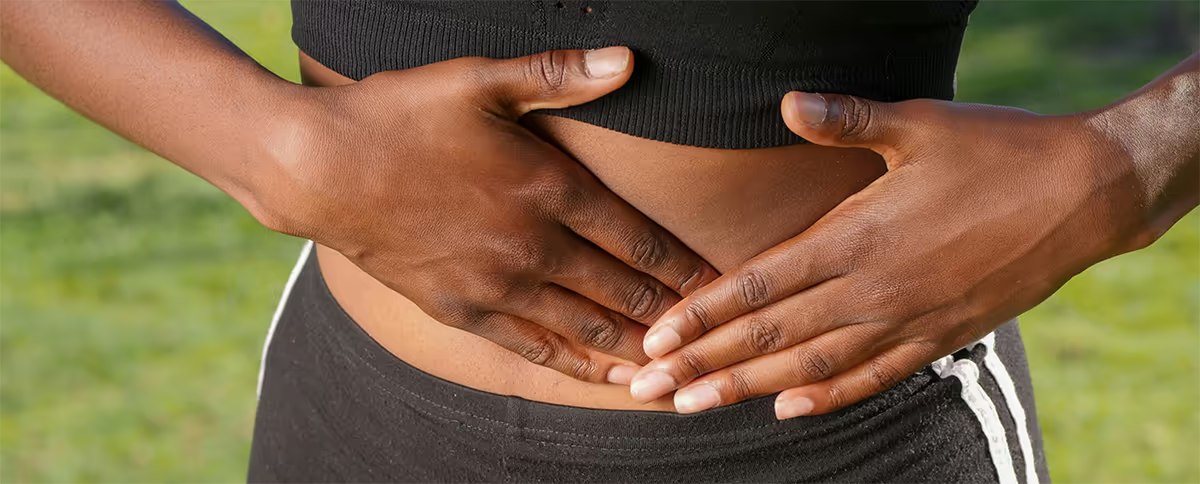
Whole Grain vs Multigrain?
There’s a “whole” host of information about wheat and grain spinning out there. Some of it is contradictory, which is stunning considering how much we know about grains and their effect on gut health. Low carb diets, high carb diets, debate over whole grain, multigrain, healthy white, fortified white. Take it from someone who can pretty accurately predict your dietary habits just from examining your colon…what you eat is a big deal! Today we’ll discuss grains, their differences and why choosing the right one can make you healthier.
The Types of Grain
Wheat, oats, wild rice, rye, barley and many, many more are all types of grain. Some legumes like peanuts, soybeans and chickpeas are even considered grain foods as well.
Whole Grains
“Whole,” as in whole wheat, implies the entire grain is used - the bran, germ, and endosperm. In comparison, in white breads, the bran and germ, are removed. Why does this make a difference? Whole grains provide a host of vitamins, protein and fiber. Whole grains improve gut health, fight constipation, and help prevent heart disease, stroke, and various types of cancer. Whole grains can even help you lose weight. White bread, on the other hand, carries little nutritional value and is basically “filler” and sugar.
Multigrain Goods
When the word “multigrain” is used, it is easy to think that we’re getting some really great benefits – after all, many grains are better than just one! But while there are multiple grains, they all may not be “whole grains”. If that’s the case, these breads and other baked goods are not as good for you. At this point you might as well eat white.
Ancient, Gluten-Free, Non-GMO, Organic?
There’s no shortage of marketing different kinds of grains. And quite honestly, I’m not sure much of it truly matters, because in the end, if you’re eating refined carbs, you’re doing your gut a disservice and if you’re eating 100% whole grains, your colon will love you for it! Now, do I advocate for non-GMO, organic foods? Absolutely. But non-organic whole grains are better than organic, processed grains any day of the week. As for gluten-free, if you have a gluten sensitivity or prefer the taste, choose GF grains such as brown rice, quinoa, millet and oats. And finally, the ancient versus modern grain debate ultimately comes down to consumer preference. Do ancient grains have more nutrition? Possibly, but if so, not by much. Ultimately, a whole grain is a whole grain.
So how do you pick the right bread, oatmeal, rice? Look at the label. It should say 100% whole grain. Then check the ingredients. The first ingredient should have the world “whole.” For example, a slice of whole grain bread should provide 16-grams or whole grains - half of your daily recommended intake. Remember, ingredients and taglines like 100% wheat, high in fiber, healthier or multigrain don’t mean a whole lot.
Karen Zaghiyan, MD, FACS, FASCRS, is a double board-certified colorectal surgeon in Los Angeles, California. She believes that great colon health starts with a healthy diet that is well-balanced in plants, grains, and lean proteins. To see Dr. Zaghiyan in her West Hollywood, California practice, schedule an appointment online or by telephone now.


.svg)




